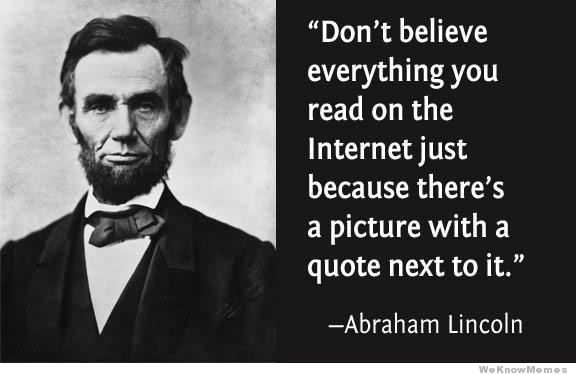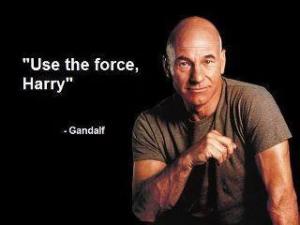GreyCrow
TheBrownDog
- Mar 21, 2016
- 74,428
- 118,041
- AFL Club
- Adelaide
- Other Teams
- Sturt, White Sox
The TV show not the theory.
From another thread :
Ever since the BBT became very popular I was under the impression that the geeks were inheriting the earth. The internet has always been an enclave of specialized groups of people with their own interests , but now I feel it has become more mainstream, what with Comic-Con and AV-Con , the above named TV show, movies such as Star Wars and Star Trek remaining popular and scientists like Hawking, Higgs and Degrasse-Tyson all to the forefront.
Or like Genesis67 are there undercurrents that will push these all back underground? I understand the idea of someone like Trump as POTUS may scare a lot of people but will it come to pass.
What have your experiences been and are they changing back or forward?
From another thread :
Genesis67 said:Finding it more and more difficult to cope with the ever increasing anti-science, anti-intelligence mindset these days, to the point where I pretty much ignore 95% of mainstream and social media
Ever since the BBT became very popular I was under the impression that the geeks were inheriting the earth. The internet has always been an enclave of specialized groups of people with their own interests , but now I feel it has become more mainstream, what with Comic-Con and AV-Con , the above named TV show, movies such as Star Wars and Star Trek remaining popular and scientists like Hawking, Higgs and Degrasse-Tyson all to the forefront.
Or like Genesis67 are there undercurrents that will push these all back underground? I understand the idea of someone like Trump as POTUS may scare a lot of people but will it come to pass.
What have your experiences been and are they changing back or forward?





